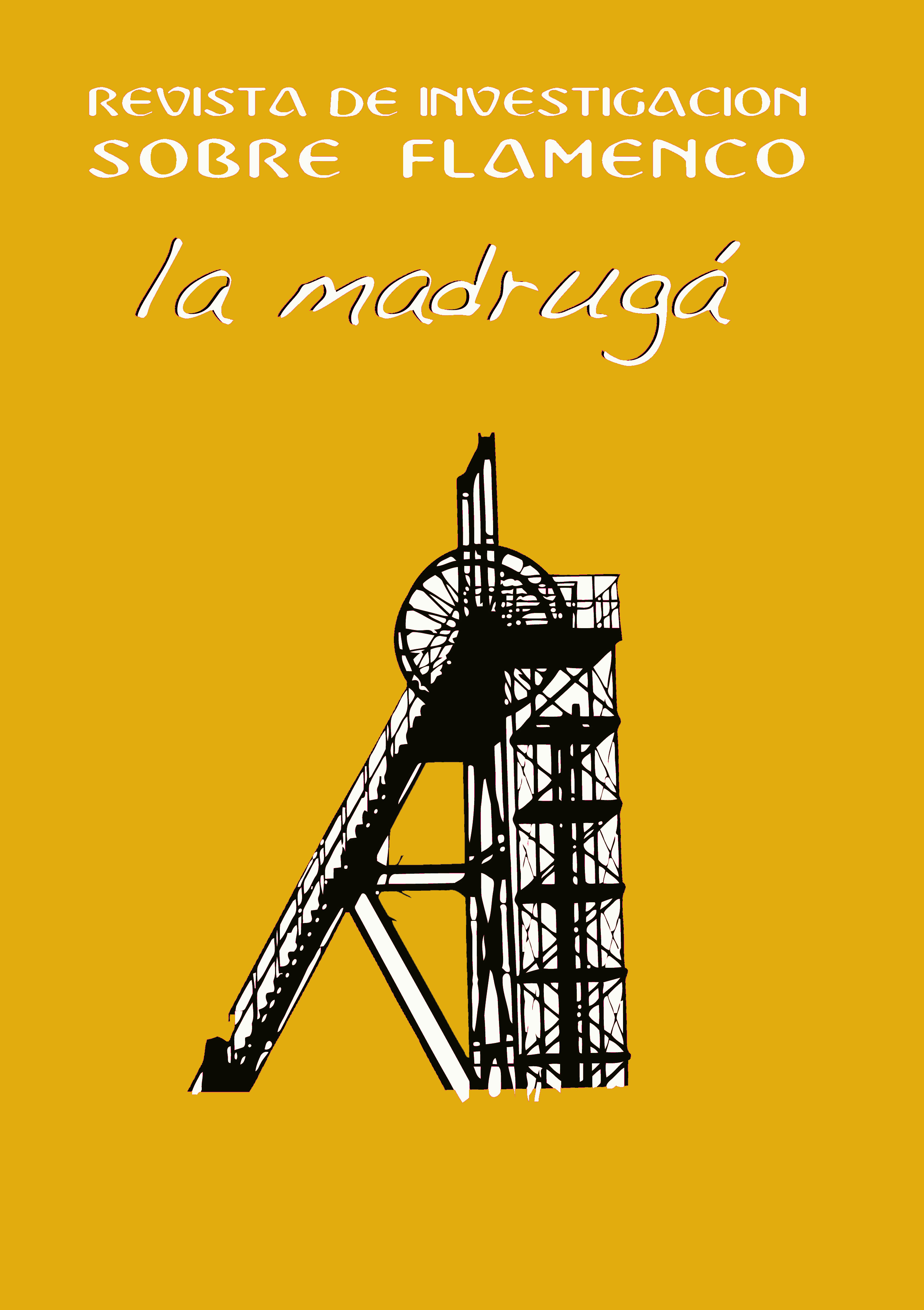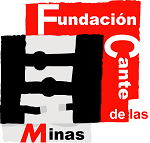Copla, flamenco and cinema: Pastora Imperio, duende and temperament
Abstract
The figure of Pastora Imperio and her contribution to the world of flamenco and its artistic confluences with other neighboring rhythms such as the copla, and also her contribution to cinema in the first years of the birth of cinema, represent a unique sum. At the beginning of the last 20th century, a small number of artists continually triumphed. These are times when the success of cuplé begins to decline and the predominance of flamenco emerges; but the copla also begins to emerge as it has reached our days. This time is also a boom period for cinema, with the still unsolved problem of the inclusion of sound integrated into the celluloid strip. Pastora Imperio, whose career starts from cuplé, first, and from flamenco danced, sung and recited, later, begins to stand out on a large scale, especially in dance, being the creator of arming. She is a contemporary of Raquel Meller and Conchita Piquer, although before them in her professional beginnings and a woman very ahead of her time. The cinematographer will knock at the door of these three women artists and leave their art captured on celluloid.
Downloads
-
Abstract304
-
PDF (Español (España))163
References
-Blas Vega, J y Ríos Ruiz, M. (1988). Diccionario enciclopédico ilustrado del flamenco. Madrid: Ediciones Cinterco.
-Brenan, G.(1995). La copla popular española. Málaga: Ediciones Miramar.
-Cabero, J. A. (1949). Historia de la cinematografía española (1896-1949). Madrid: Gráficas Cinema.
-González Climent, A. (1955). Flamencología. Córdoba: Imprenta E. Sánchez Leal.
-Martí i Pérez, J. (1992). El folklorismo: uso y abuso de la tradición. Barcelona: Editorial Ronsel.
-Rodríguez Moyano, A. (1988). Conchita Piquer: el nombre de la copla. Madrid: Ediciones Quiroga.
-Román, I. (1993). Memoria de la copla: la canción española de Conchita Piquer a Isabel Pantoja. Madrid: Alianza Editorial.
-Ropero Núñez, M. (1984). El léxico andaluz de las coplas flamencas. Ediciones Alfar. Sevilla.
-VV. AA. (1963) La canción andaluza III. Jerez de la Frontera: Publicaciones del Centro de Estudios Históricos Jerezanos.
-VV. AA. (1967). Teatro, circo y music-hall [prólogo de José María Pemán]. Barcelona: Librería Editorial Argos.
Las obras que se publican en esta revista están sujetas a los siguientes términos:
1. El Servicio de Publicaciones de la Universidad de Murcia (la editorial) conserva los derechos patrimoniales (copyright) de las obras publicadas, y favorece y permite la reutilización de las mismas bajo la licencia de uso indicada en el punto 2.
2. Las obras se publican en la edición electrónica de la revista bajo una licencia Creative Commons Reconocimiento-NoComercial-SinObraDerivada 3.0 España (texto legal). Se pueden copiar, usar, difundir, transmitir y exponer públicamente, siempre que: i) se cite la autoría y la fuente original de su publicación (revista, editorial y URL de la obra); ii) no se usen para fines comerciales; iii) se mencione la existencia y especificaciones de esta licencia de uso.
3. Condiciones de auto-archivo. Se permite y se anima a los autores a difundir electrónicamente las versiones pre-print (versión antes de ser evaluada) y/o post-print (versión evaluada y aceptada para su publicación) de sus obras antes de su publicación, ya que favorece su circulación y difusión más temprana y con ello un posible aumento en su citación y alcance entre la comunidad académica. Color RoMEO: verde.









